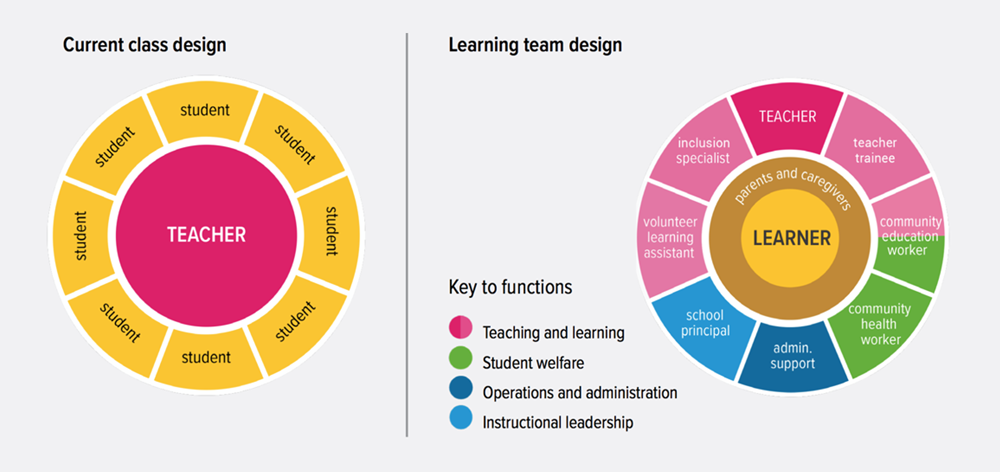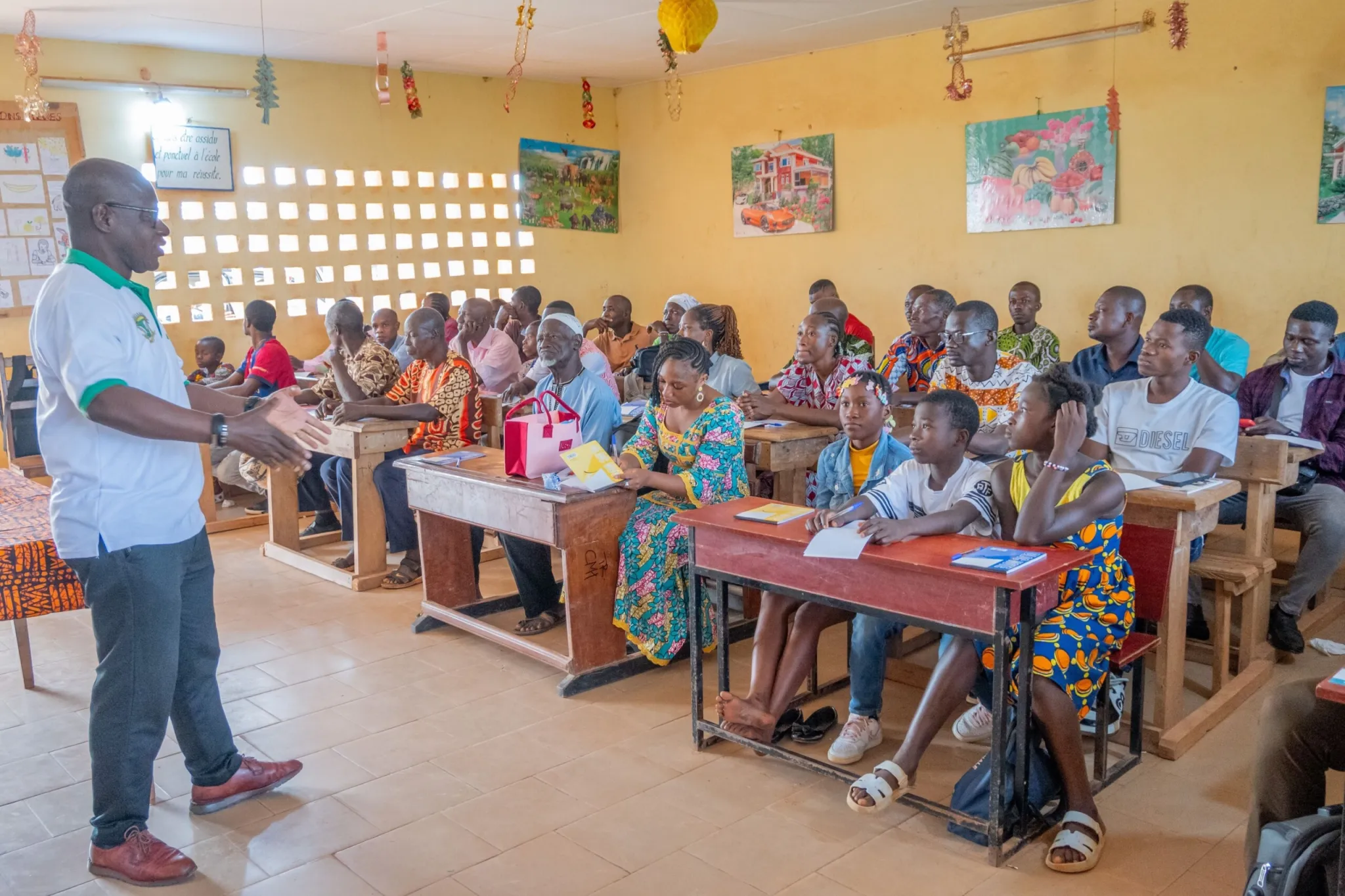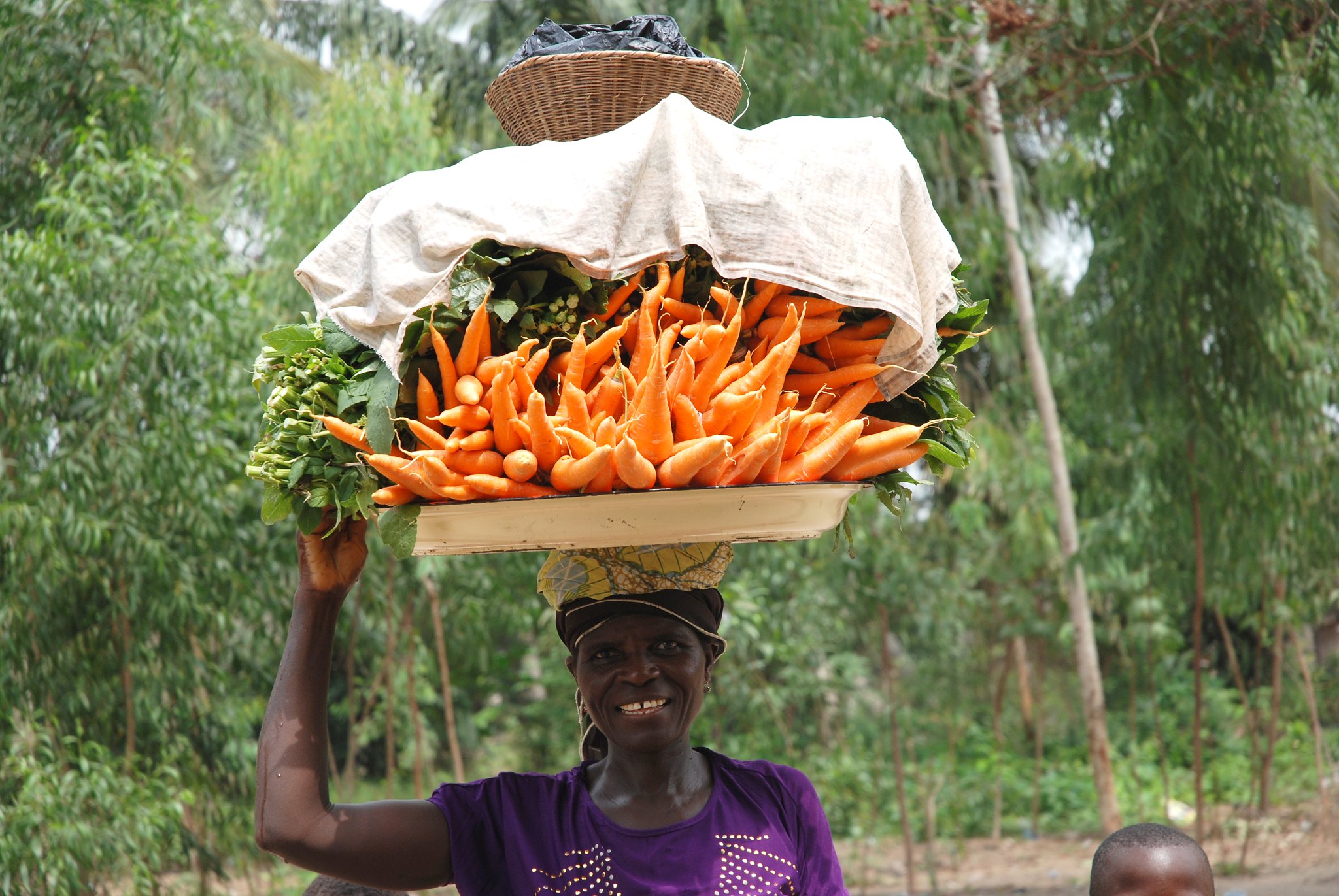The newly launched Greater Share fund is an exciting new philanthropic investment model that harnesses the expertise of the world’s top-performing private equity funds and highest impact NGOs to transform education for children in underserved communities across the world.
This leadership by the philanthropic community could not come at a better time. Education is in crisis, with more than half of the world’s children unable to read a simple text and close to 70 percent leaving school ill-equipped for the modern workforce. The crisis has been exacerbated by the pandemic – and at a time when we should do more, education has been given less. Because of fiscal pressures, many countries have had to cut back on education spending.
Greater Share deploys investors’ capital in the world’s leading private equity vehicles through its fund of funds, and donates the majority of capital gains and all the private equity firms’ fees and carried interest to a curated selection of education NGOs. The funding is directed to NGOs with a track record of using evidence-based, child-centric models to transform children’s learning. They will receive long-term, unrestricted funding to scale their impact, share experiences across organizations, and with the wider Greater Share community
In addition to creating an entirely new form of philanthropic funding, Greater Share is also investing in an entirely new vision for the education workforce. This is sorely needed. The current education workforce design is largely based on an outdated model of one teacher, one class. This means that teachers are often overburdened. They often work alone and are expected to teach large classes, respond to diverse learning needs, and equip students with an expanded set of skills and knowledge. But emerging evidence suggests that team-based, multi-sectoral models placing the child at the center can provide more holistic support with greater impact. These approaches are integral in other sectors, such as health, where they have demonstrated improvements in service delivery, health outcomes, and cost-effectiveness.
The Education Commission put forward a vision for such “learning teams” for education in its flagship report Transforming the Education Workforce: Learning Teams for a Learning Generation. This included research showing that differentiated teaching roles, such as teaching assistants and specialist teachers, have been effective in helping reach those left behind and enable inclusion. Members of the community – community workers, trained volunteers, and parents – have been found to provide beneficial support in mother tongue instruction and foundational literacies. School leaders can have positive impacts on educational outcomes and district roles can play a powerful role in supporting teachers and leaders to improve their practice and sustain change. The key to a learning team approach is that the entire workforce is leveraged by working together in a collaborative way to collectively support learners and each other. The COVID crisis has highlighted the potential of these new models. Teachers, supported by school leaders, have been working closely with parents, caregivers, and community volunteers to ensure learning continues and no child is left behind. Harnessing these collaborative approaches will build resilience for the future.
Greater Share has committed to invest in organizations that are already using learning team models across the education lifecycle. Two of the selected beneficiaries are:
- CAMFED. CAMFED’s Learner Guides – recent female school graduates who volunteer in their local schools – are part of a learning team involving school staff, parents, and the community. They work to identify girls who have dropped out, serve as mentors to students, and deliver a life skills curriculum in schools. Their role creates a nexus for cross-sectoral local solutions, linking children to appropriate school and local authorities (social welfare, health, education, traditional leaders). Evaluations show positive impacts in terms of increased confidence – questioning of gender norms for boys and girls, retention and engagement for marginalized girls and increases in math and English scores. Kaivalya Education Foundation uses a team-based approach that focuses on the role of school leaders.
- Kaivalya recognizes the importance of the school leader for change. Many government and public programs have provided training to teachers and school staff, but rarely focus on school leaders. Kaivalya’s School Leadership Development Program works with four key stakeholders – headmasters/principals, teachers, education officers and communities – which facilitates impact at multiple levels of the system. Developing school leadership creates a cohesive learning environment for students and an encouraging environment for teachers while supporting teachers through workshops and field support improves their practice. Mobilizing community creates a support system for students to learn outside of school and builds trust between the school and community.

“Greater Share is more than just an innovative model for funding individual organizations—it’s an ambition to build a new vision for how we can deliver education with greater impact. This new fund will impact children across the global south and the global north by empowering the entire “education workforce” or the full spectrum of educators, supporting data-driven and innovative learning approaches, and building a community for systems change.”
–Liesbet Steer, Education Commission Executive Director and Greater Share’s Education Committee Chair
Learning team approaches can improve education outcomes, but they are rarely used at scale, especially in low- and middle-income countries. However, as the world continues to face more frequent and prolonged disruptions to education, momentum is building around team-based approaches as a way to meet education’s changing needs. The 17 Rooms SDG initiative recommended learning teams for reimagining teaching and learning to reach SDG 4. And at its latest meeting, the Global Education Forum supported the recommendation to harness the wider education workforce in team-based approaches as part of its aim to ensure aligned donor action on global education.
Greater Share is launching at a critical time for education and presents an amazing opportunity to create proof points of how team-based approaches can work at scale.


